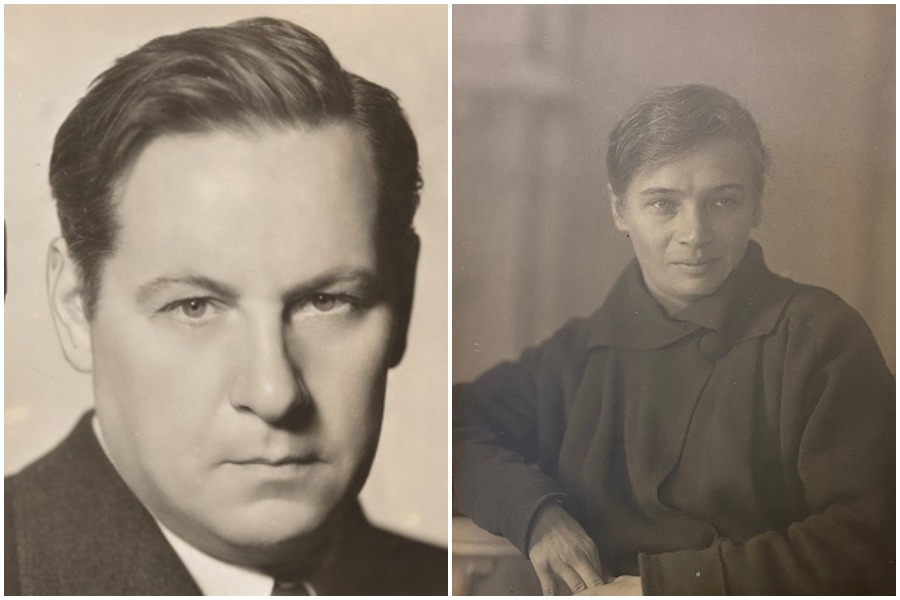Community, Leadership, Experimentation, Diversity, & Education
Pittsburgh Arts, Regional Theatre, New Work, Producing, Copyright, Labor Unions,
New Products, Coping Skills, J-O-Bs...
Theatre industry news, University & School of Drama Announcements, plus occasional course support for
Carnegie Mellon School of Drama Faculty, Staff, Students, and Alumni.
CMU School of Drama
Thursday, February 03, 2022
The Lab Where the Method Was Born
AMERICAN THEATRE: After the Moscow Art Theatre left New York, a newly inspired Lee Strasberg enrolled at the Clare Tree Major School of the Theatre. The curriculum followed the rulebook Lee would eventually set on fire: The teachers demonstrated the proper way to deliver a line, and the students imitated them. According to Phoebe Brand, a classmate of Strasberg’s, he was “a most unactory sort…he was distinctly withdrawn. You did not get friendly with him or link your arm through his or anything. He was a strange one.” Like everyone else who knew Strasberg then, she did not understand why—or how—such a silent and undemonstrative person could have any hope of being an actor.
Subscribe to:
Post Comments (Atom)

2 comments:
This article was really interesting to me: my knowledge of acting theories or really what an acting class entails by any means is severely limited. By no means am I assuming this is the end-all-be-all look into an acting class at all, but it was interesting to get some history to Method acting and where it came from. I found it especially interesting when the teachers at the American Laboratory Theater had the actors doing exercises with their memory, and how that could help them with their acting, with becoming a different person. Holding a memory of how to drink water from a (non-existent) glass, or how you eat a grapefruit, for example, seemed very interesting to me- nothing I would have thought about before this. Also, I think it widened my perspective on the idea of different acting methods, and theories: how that affects the process for the actor, and how that builds the show they are working to put on. I’m intrigued, I’ll be doing some more reading on this in the future.
I find this article to be really interesting about how Method acting came to be. I had only heard of the basics about some acting techniques, so it was fascinating learning about the history. To me it seems important that actors learn about a wide variety of techniques and approaches so that they can find one that works best for them. It’s interesting to learn more about the foundations of acting techniques and how they have evolved. I found the Concentration and Affective Memory activity to be really interesting. As a non-actor, I always assumed it involved simply miming. I also like Boley’s “golden book” of emotions so that you can use these triggers to help produce the emotions of your character. One thing I’m curious about is how artists protect their mental wellbeing when using method acting techniques. One famous example of method acting going too far is Heath Ledger playing the Joker. He stayed in character 24/7 while playing the role and this hurt his mental health enormously and ended in a drug overdose.
Post a Comment